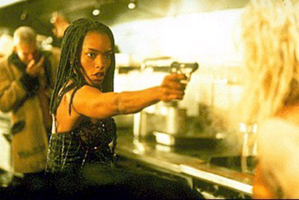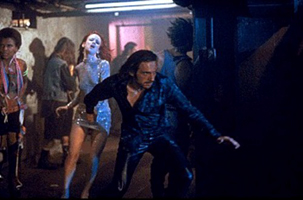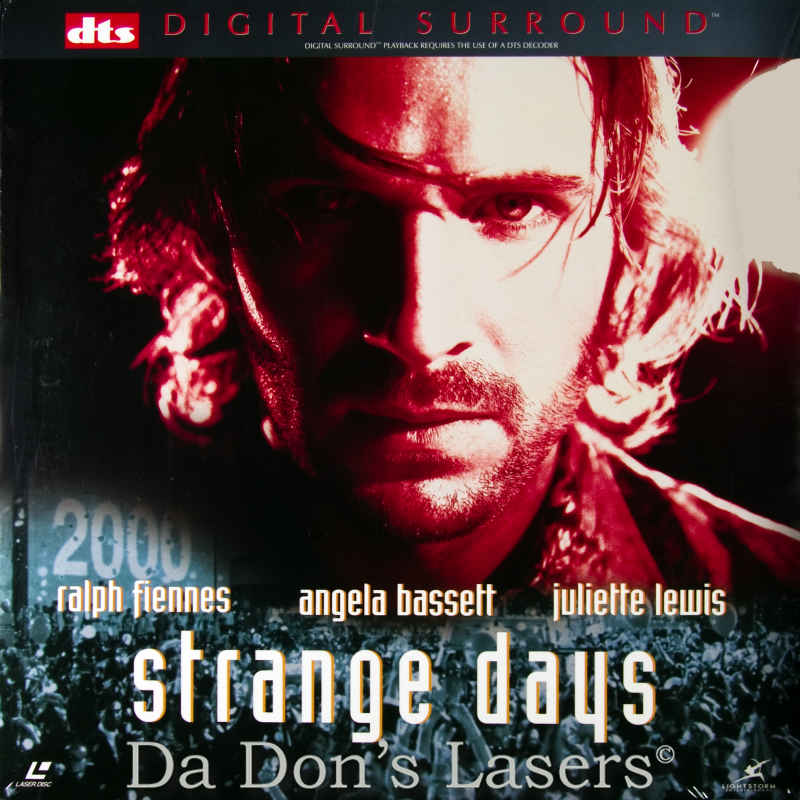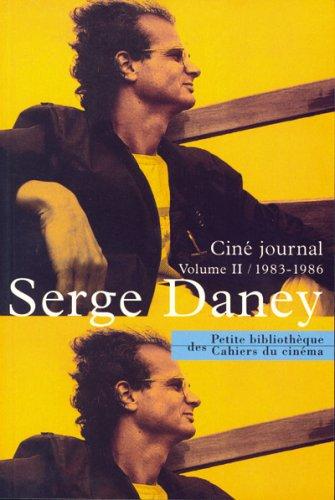From the Chicago Reader (October 27, 1995). — J.R.

Strange Days
** (Worth seeing)
Directed by Kathryn Bigelow
Written by James Cameron and Jay Cocks
With Ralph Fiennes, Angela Bassett, Juliette Lewis, Tom Sizemore, Michael Wincott, Vincent D’Onofrio, Glenn Plummer, Brigitte Bako, and Richard Edson.

In the introduction to his recently published first draft of the Strange Days screenplay, James Cameron offers a candid, suggestive description of what working on the script was like: “The problem was I had never written anything remotely this densely plotted and character driven. I circled and circled the computer, like a dog slinking around trying to work up the courage to steal food from a sleeping drunk.”

Cameron’s simile could be seen to apply not so much to Strange Days and other overhyped media events as to the sort of measures our legislators have been pushing through Congress lately. These measures more or less state that we can no longer afford to coddle criminals, the elderly, crack babies, the poor, the sick, or the homeless or support art, culture, or education — not because we’re living through any kind of depression but because millionaires still aren’t making as much money as they want to. Assuming that we’re the sleeping drunk in this scenario, it’s worth asking what sort of dreams we could possibly be having that would allow those congressional canines to find the courage to slink around us with this kind of hope. Read more
This was written in the summer of 2000 for a coffee-table book edited by Geoff Andrew that was published the following year, Film: The Critics’ Choice (New York: Billboard Books). I’m delighted that this feature and many others by Chytilová (including, most recently, her long-neglected Something Different) are now available in excellent DVD editions from Second Run in the U.K. — J.R.



My favorite Czech film, one of the most exhilarating stylistic and psychedelic explosions of the 1960s, is Vera Chytilová’s highly aggressive feminist farce Daisies, which erupts in all directions. At any given moment, shots can switch from luscious color to black-and-white to sepia to a rainbow succession of color filters, shatter into shards like broken glass, rattle through rapid-fire montages like machine-gun volleys, and leap freely between time frames and locations. While many American and Western European filmmakers during this period prided themselves on their subversiveness, it is quite possible that the most radical film of the decade, ideologically as well as formally, came from the East — from the liberating ferment building towards the short-lived political reforms of 1968’s Prague Spring.
Featuring two giggling, nihilistic 17-year-olds, both named Marie — a brunette (Ivana Karbanova) and a redhead (Jitká Cerhova) — Daisies does not have a narrative or even characters in the ordinary sense: Just a good deal of provocation that typically garners more laughter from the women in the audience than the men. Read more
Written for and originally published (in French translation) in Trafic no. 37 (printemps 2001); also reprinted in my 2010 collection Goodbye Cinema, Hello Cinephilia. — J.R.
Chicago, November 13, 2000
Dear Jean-Claude, Patrice, Raymond, and Sylvie,
Trying to find a useful way to discuss Serge Daney in an Anglo-American context, it’s hard not to feel a little demoralized. I recently looked up the letter I wrote to a university press editor in early 1995, not very much shorter than this one, enumerating -– to no avail -– all the reasons why bringing out a collection of Serge’s film criticism in English was an urgent matter and a first priority, almost comparable in some ways to what making Bazin available in English had been in the ’60s.


I believe this might have been the longest “reader’s report” I’ve ever written for a publisher. I was trying to persuade the editor to publish a translation of Daney texts that in fact had already been commissioned and completed in England, but, for diverse reasons, had never appeared in print. All the texts chosen came from Ciné journal and Devant la recrudescence des vols de sacs à main. I thought this translation needed some revision to make it more graceful and user-friendly, and I would have preferred a broader selection. Read more








